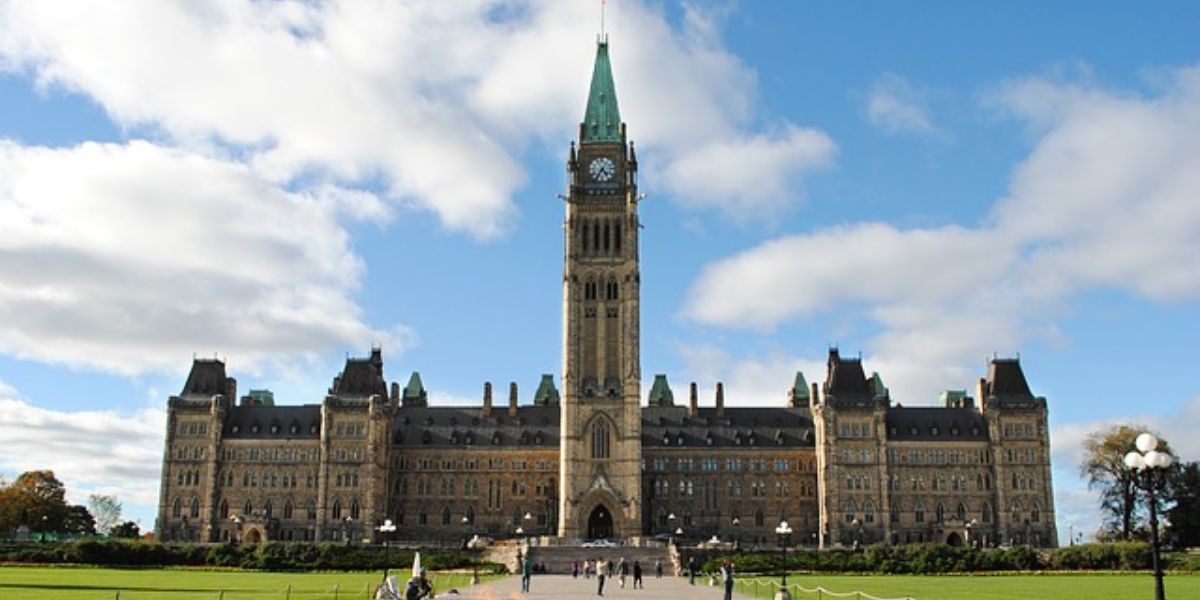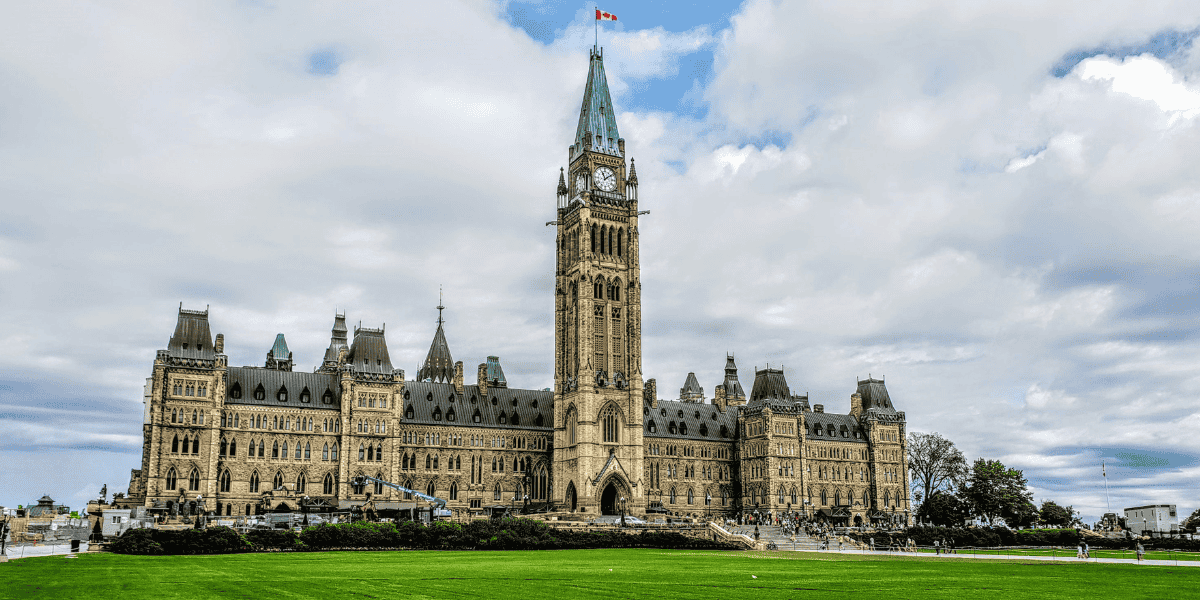On 16 April 2024, Canada’s Finance Minister delivered the 2024 federal budget. The following are some of the key tax measures of the budget:
Capital gains inclusion rate
The 2024 Budget proposes increasing the capital gains inclusion rate for income above $250,000 realized on or after 25 June 2024. The increase will be from one-half to 2/3 for individuals, trusts, and corporations. The budget also proposes raising the lifetime capital gains exemption to $1.25 million and changing the temporary tax exemption for capital gains up to $10 million.
BEPS 2.0
As per the 2024 Budget, Canada reaffirmed its commitment to implement Pillar One, but due to the delays in the implementation of the Pillar One multilateral treaty, the Canadian government has decided to enforce the digital services tax (DST), which is currently under consideration in Bill C-59. The DST is set to take effect from the start of the 2024 calendar year and will cover taxable revenues earned since 1 January 2022. Furthermore, the budget emphasizes the government’s plan to introduce legislation for a global minimum tax in Parliament to implement Pillar Two.
Interest deductibility limits
Under Action 4 of the OECD/G20 Base Erosion and Profit Shifting (BEPS) Project, the 2021 Budget limited the deductibility of net interest and financing expenses for certain taxpayers. The legislation proposals to implement this measure or ‘the excessive interest and financing expenses limitation (EIFEL)’ rules are currently under consideration in Parliament through Bill C-59. The 2024 Budget proposes to expand the scope of EIFEL rules by including an elective exemption for specific interest and financing expenses incurred prior to 1 January 2036.
Tax debt avoidance rule
The Income Tax Act has a tax debt anti-avoidance rule that prevents taxpayers from evading their tax obligations through asset transfers to non-arms length entities. The 2024 Budget introduces proposals to strengthen this tax debt anti-avoidance rule by introducing a supplementary regulation.
Withholding tax for non-resident service providers
Current income tax regulations require individuals paying non-residents for services rendered in Canada to withhold 15% of the payment and submit it to the Canada Revenue Agency (CRA). The 2024 Budget proposes non-resident service providers without any tax liability in Canada request an advance waiver of this withholding requirement for specific transactions from the CRA or they can request a refund for the amounts that have already been withheld.
Indirect tax measures
The budget also includes several tax provisions such as the extension of the goods and services tax (GST) relief to student residences, modernizing the general anti-avoidance rule, digital services tax, technical amendments to GST/HST rules for financial entities, and more.














